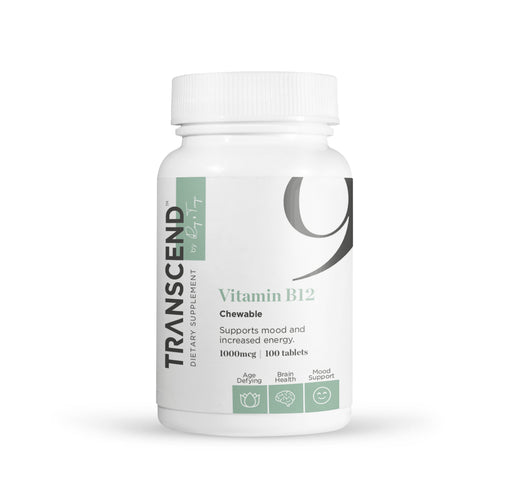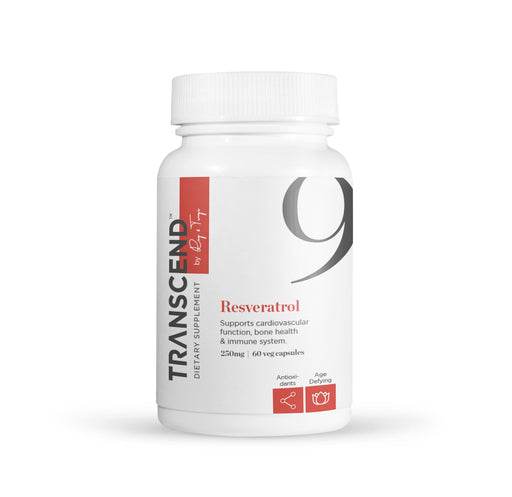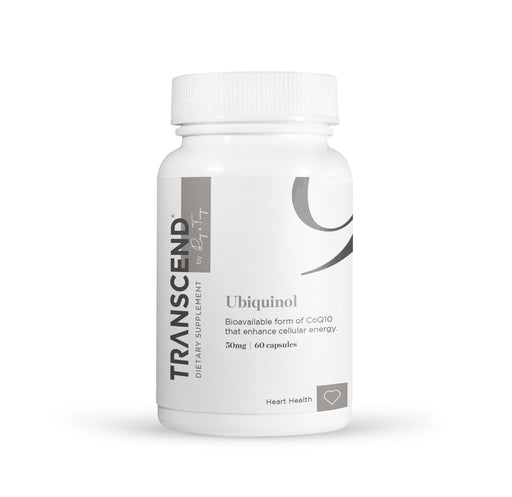
Vitamin B-12, Sublingual
Increased energy Improve mood Fight fatigue Common deficiency Better absorption Vitamin B12 (also called cobalamin) is one of eight water-solu...
View full details
Choosing the right foods can have a profound impact on your health and longevity. But no matter how good that food is, it will do you little good if it isn’t digested properly—and proper digestion is hardly the norm.
A study published back in 1993 in the journal Digestive Diseases and Sciences estimated that 70 percent of American adults suffered from some form of gastrointestinal distress resulting from poor digestion. More recently, the Consumer Healthcare Products Association estimated that total U.S. sales of over-the-counter gastrointestinal medications in 2006 were well over $2 billion—and that doesn’t include the billions spent on prescription medications taken by those who found no relief from over-the-counter products.
Some of those digestive ailments, such as lactose intolerance (the inability to digest milk sugar), result from genetic defects. Many problems, however, simply result from excess stress placed on the digestive system by a poor diet. In some cases, specific supplements or medications may help to correct a malfunctioning system, but in all cases, eating the right foods is essential to restoring and maintaining gastrointestinal health.
Many tests can be done to assess your digestive system function. Most can be performed at home with kits supplied by a healthcare provider because they don’t require blood sampling.
If you are troubled by digestive symptoms, there are several digestive function tests that can provide a wealth of information about how well your body is performing its functions of digestion, absorption, and utilization of the food you eat.
Colon cancer is the second leading cause of cancer deaths in the United States, but is also highly preventable through recommended screenings.
The two main pillars that Ray and Terry discuss in their books for achieving and maintaining optimal health are prevention and early detection. These two factors are particularly important when it comes to colorectal cancer, the second leading cause of cancer deaths in the United States. In 2017, 135,000 Americans were diagnosed with colon cancer and it was the cause of 50,000 deaths.
Ray and Terry strongly encourage everyone to follow colon cancer screening guidelines to help eradicate this deadly disease, which is easily diagnosed and treatable when detected early.

Increased energy Improve mood Fight fatigue Common deficiency Better absorption Vitamin B12 (also called cobalamin) is one of eight water-solu...
View full details
Combat internal aging Protect cells from radiation damage Increase antioxidant capacity Take with lecithin for better absorption Optimal dose for...
View full details
2022 update: Future batches of this product will use a Ubiquinol product that is a greenish capsule rather than a red softgel Bioavailable form o...
View full details
A Kurzweil + Grossman Formula Continued Synergy between Science and Convenience Convenient dosage packets Top anti-aging products Increase energy...
View full details